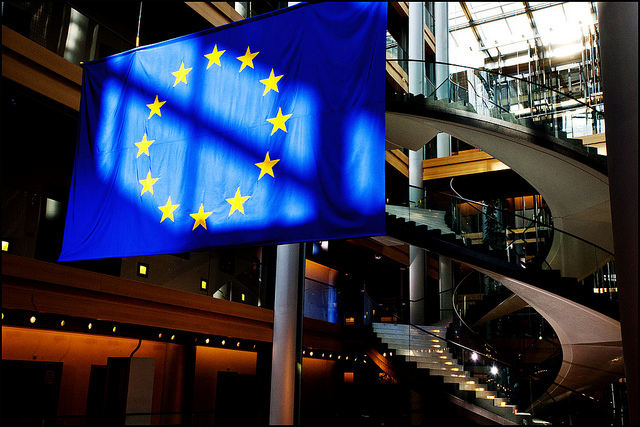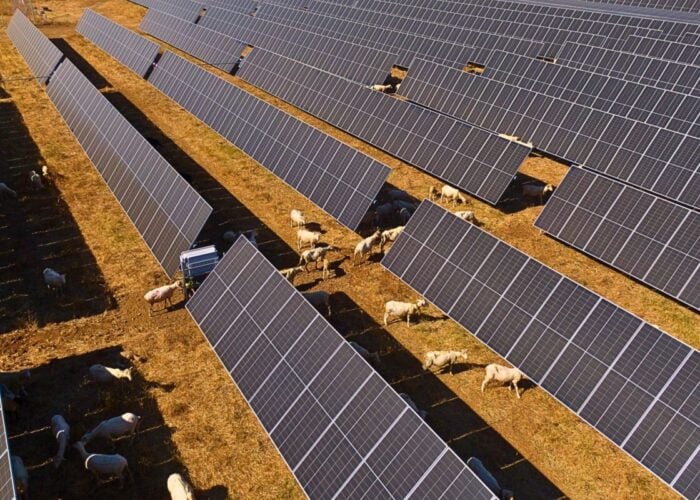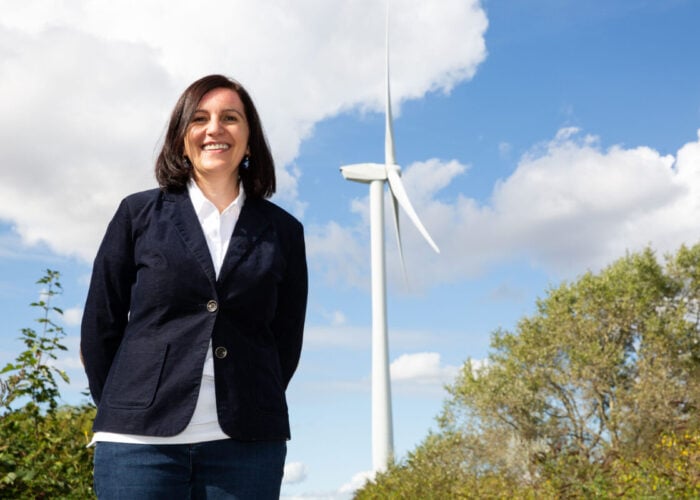So it has all been something of a damp squib: the roof has not fallen in or the lights gone out at 1, Acacia Avenue, because of Brexit.
There has been no huge slowdown in the economy, no collapse in foreign investment and no need for an emergency budget.
Unlock unlimited access for 12 whole months of distinctive global analysis
Photovoltaics International is now included.
- Regular insight and analysis of the industry’s biggest developments
- In-depth interviews with the industry’s leading figures
- Unlimited digital access to the PV Tech Power journal catalogue
- Unlimited digital access to the Photovoltaics International journal catalogue
- Access to more than 1,000 technical papers
- Discounts on Solar Media’s portfolio of events, in-person and virtual
Instead after a brief hiatus the shoppers have returned to the high street, housing sales have picked up and the stock market is buoyant.
The new Conservative government led by Theresa May has shown admirable unity and continues to boss Labour in Westminster.
So is there nothing to worry about for business and in particular the energy sector? Well some actions to steady the economy have already had to be taken: the Bank of England has cut interest rates and there has been extra monetary stimulus.
But there is still great uncertainty about what happens next and we have seen some signs of unease with Siemens putting on pause its planned new wind turbine plant near Hull.
Still a referendum vote might have been completed but there has been no pressing of the green button – Article 50 – to start the operational pull out from the European Union yet.
But there is a new Department of Business, Energy and Industrial Strategy and a new Secretary, Greg Clark, to oversee it.
There have been no policy initiatives out of BEIS as yet – except the decision to review the future of the Hinkley Point C project. This was shortly followed by a greenlight.
In fact there has been no detail on the future direction of travel except a general commitment to abide by the Paris climate change agreement and continual references to the need for an “industrial strategy”, two words anathema to past Conservative governments.
Energy policy could be rewritten by a new government given the chance for a new start by the fires of Brexit, for better or worse.
And so it would be fair to assume a room packed full with the good and the great from the energy world – as we had at a specially-convened Brexit forum – would be edgy if not fearful.
And certainly there were those who expressed huge concerns about Brexit. But there was more generally a surprising level of calm, if not cautious optimism from some quarters.

No-one expected May to trigger Article 50 before the middle if not the end of next year but neither did anyone bank on her trying to draw out the process in a bid to undermine or even reverse the referendum decision.
Perhaps the greatest concern among investors and operators was focused on the amount of ministerial and civil servant time that will be needed to extract Britain in a positive way from its fellow European Union member states.
One attendee called it a “gargantuan task” although some believed it could even be a good thing: energy decisions may just be waived through because government minds were concentrated on bigger issues such as the single market and immigration.
Others feared that energy issues will be pushed to the bottom of a much larger policy pile causing a logjam if not paralysis in the sector.
The good news is that investors have so far not taken flight despite the uncertainty. They seem happy for now to wait and see what happens.
Part of the answer to this may lie in the low interest rate environment and the lack of decent financial returns elsewhere.
Part of it comes from the fact that a growing army of small investors want fund managers to support renewables and low carbon technologies out of a commitment to fight climate change.
There was optimism around the fast-growing commerciality of low carbon technologies leaving them less dependent on subsidies and government intervention. But not everyone rules out the possibility of May lighting a “bonfire of EU regulations” that have largely encouraged Britain’s green growth so far.
All the UK statutory instruments that support the clean tech sector could stand to fall once the Act of Union has been reprieved. Can they be systematically recreated in double quick time, some questioned?
And others pointed out that many of Britain’s current green policy initiatives are due to run out on 2020.
That leaves a huge hole appearing for the decade up to 2030 and then 2050 for the UK to work out on its own.
Or will the Brits be on their own? Some believe that May wants to delay Article 50 until she knows the result of forthcoming German and French elections.
If Marine Le Pen makes huge gains in the Paris poll she has made clear she would be aiming for a French referendum on the EU.
In that case all bets are off as to the future of the Union, something that would squirt a whole new dose of uncertainty into the British energy mix.
*Terry Macalister is a freelance journalist and award-winning former Energy Editor of The Guardian.







